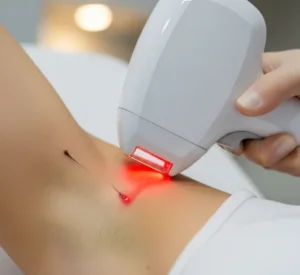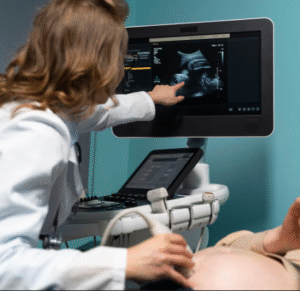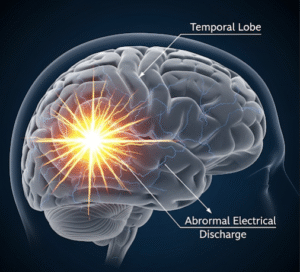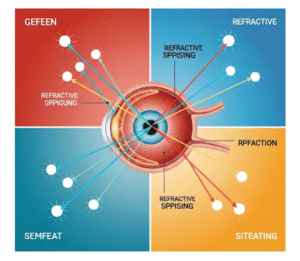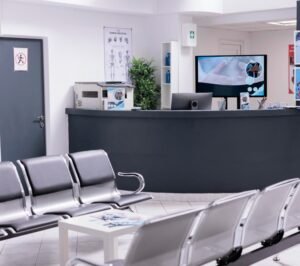Overview
Central Pain Syndrome (CPS) is a chronic neurological condition caused by damage to the central nervous system (CNS), including the brain, brainstem, or spinal cord. It results in persistent, severe pain that may affect a specific area or the entire body. In Korea, specialized neurology and pain management centers provide advanced diagnostic and therapeutic approaches, combining medications, rehabilitation, and innovative procedures to improve quality of life for patients.
What is Central Pain Syndrome?
Central Pain Syndrome occurs when the central nervous system is injured or damaged due to stroke, multiple sclerosis, spinal cord injury, or brain trauma. Unlike pain caused by direct tissue injury, CPS originates from disrupted nerve signaling within the brain and spinal cord, leading to misinterpretation of normal sensory input as painful.
Symptoms
- Constant or intermittent pain (burning, aching, stabbing, or tingling)
- Heightened sensitivity to touch or temperature changes (allodynia, hyperalgesia)
- Pain worsens with stress, movement, or fatigue
- Spontaneous pain without any external stimulus
- Difficulty sleeping due to chronic discomfort
- Emotional distress, anxiety, or depression associated with pain
Causes
- Stroke (a common cause of CPS)
- Multiple sclerosis (MS)
- Brain or spinal cord injury
- Tumors affecting the CNS
- Parkinson’s disease or other degenerative neurological conditions
- Epilepsy-related CNS changes
Risk Factors
- Previous history of stroke or CNS trauma
- Neurological disorders (e.g., MS, Parkinson’s disease)
- Aging (increased risk of stroke and neurodegeneration)
- Family history of neurological diseases
Complications
- Severe chronic pain interfering with daily life
- Sleep disorders and chronic fatigue
- Depression, anxiety, or other mood disorders
- Reduced mobility and independence
- Lower quality of life due to unrelenting pain
Prevention
While CPS cannot always be prevented, reducing risk factors for neurological injury can help:
- Stroke prevention through healthy lifestyle and blood pressure control
- Managing chronic conditions like diabetes and hypertension
- Protecting against head and spinal injuries
- Early rehabilitation after CNS trauma or stroke
Treatment Options in Korea
Korea provides advanced, multidisciplinary care for Central Pain Syndrome, integrating neurology, pain medicine, and rehabilitation therapies.
Medical Treatments
- Anticonvulsants (gabapentin, pregabalin) to calm nerve signaling
- Antidepressants (amitriptyline, duloxetine) for pain and mood regulation
- Pain-relief medications (limited opioid use under supervision)
- NMDA receptor antagonists and other neuro-modulating drugs
Interventional & Neuromodulation Therapies
- Transcranial Magnetic Stimulation (TMS) – available in major Korean hospitals for non-invasive neuromodulation
- Deep Brain Stimulation (DBS) – for severe, treatment-resistant CPS
- Spinal Cord Stimulation (SCS) – implanted device that modulates pain signals
- Nerve blocks or intrathecal drug delivery systems – for selected patients
Rehabilitation & Supportive Care
- Physiotherapy to improve mobility and reduce secondary complications
- Occupational therapy for independence in daily activities
- Cognitive-behavioral therapy (CBT) for coping with chronic pain
- Mind-body therapies (meditation, biofeedback, acupuncture – widely used in Korea)


